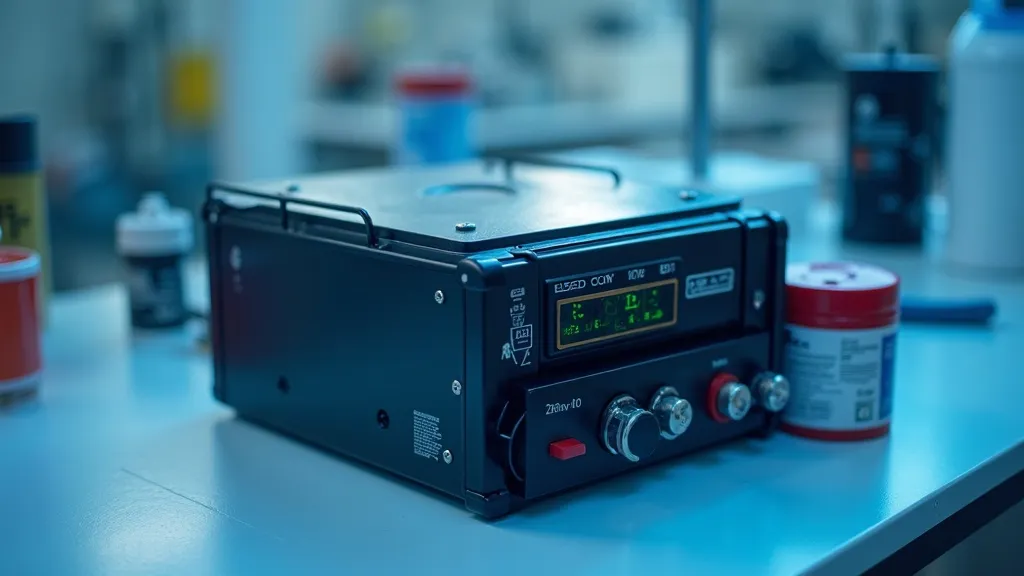Unveiling the Secrets of 9617230082
This guide delves into the intricacies of "9617230082," shedding light on its contextual relevance and various facets. While the term might initially seem like an enigma, its significance is rooted in specific areas of interest that might pertain to various industries or fields. Exploring this keyword requires an understanding of its origins, applications, and implications for both current and future contexts.

Decoding the Enigma: 9617230082
The series of numbers, 9617230082, might at first glance appear arbitrary. Yet, it holds significance that warrants detailed exploration, especially for those in specialist fields that rely on numeric identifiers for efficiency and accuracy. From digital databases to telecommunication entries, such sequences can play pivotal roles in our everyday transactions and systems. As industries become increasingly digitized, the conveniences these numbers provide are more crucial than ever in ensuring smooth operations and data integrity.
Contextual and Industry Applications
Within specific sectors, a number like 9617230082 could signify a multitude of concepts depending on its contextual environment. In telecommunications, for example, sequences similar to this may serve as country codes, area codes, or identification numbers for particular services, influencing how businesses operate internationally. Telecommunication operators employ such numerical identifiers not only for routing calls but also to manage billing processes and enhance customer support logistics. As the world becomes more interconnected, understanding the significance of such numerical identifiers can streamline international communication and expand market reach.
In academic circles, such numbers may represent cataloging systems or unique identifiers for research, publications, or data sets. Each study or paper often receives a unique ID, allowing researchers and institutions to easily reference and access the information they need. This effectively aids in database management, ensuring precision and reliability—one of the primary reasons why numeric identifiers are crucial in specialized fields. Having a system that enables quick access to varied data points fuels the advancement of scholarship and innovation across disciplines.
Expert Insight into Numeric Significance
According to industry experts, numerical sequences like 9617230082 are crafted and utilized for their practical applicability rather than arbitrary choice. Experts highlight the importance of understanding a number's intended purpose and associated system to avert misinterpretations. This is particularly prevalent in sectors like finance, where a single digit can indicate a significant deviation in reporting or processing transactions. For instance, in financial systems, a misformatted number can lead to substantial discrepancies in budgeting and forecasting, underscoring the necessity for precise numeric encoding throughout the organization.
Furthermore, professionals involved in database management often emphasize the systematic arrangement of numbers to streamline information retrieval and storage. The design of such sequences frequently mirrors underlying hierarchical relationships or categories, enhancing the overall user experience within databases. Data architects meticulously plan the structure of these identifiers to improve performance and ease of use. Moreover, they underscore the significance of maintaining uniformity across numeric series to uphold system integrity and function. A lapse in consistency can generate confusion, resulting in inefficiencies and costly errors for organizations across sectors.
Importance of Numeric Sequences in Data Management
A vital consideration when dealing with numbers such as 9617230082 is its potential role in data management systems. Data management, as a discipline, relies on accurate numeric coding to facilitate efficient data handling and processing. Whether in educational databases, company inventories, or customer relationship management systems, establishing a robust identifier like this ensures that data is readily accessible and comprehensible. For example, customer identifiers often need to be unique to prevent overlap and misunderstandings that could impair service delivery.
Furthermore, numeric sequences assist in tracing data lineage, a critical factor in data governance and compliance. This process entails tracking the origins and transformations of data through various stages of its lifecycle. Accuracy in identification not only supports operational efficiency but also protects organizations from costly errors and legal implications. For regulatory frameworks like GDPR or HIPAA, maintaining correct and thorough data records is mandated to avoid potential sanctions and restitution costs.
Recent Developments in Numeric Identification Technologies
The landscape of numeric identification significantly evolves due to technological advancements. Innovations such as artificial intelligence (AI) and machine learning are increasingly being integrated into data management systems to enhance the utility of numeric codes. For example, algorithms can analyze vast datasets faster than ever, using numeric sequences to index and retrieve information with pinpoint accuracy. This increasingly sophisticated approach allows organizations to improve operational efficiencies and support better decision-making processes.
Moreover, the rise of blockchain technology presents exciting possibilities for numeric identifiers. The decentralized nature of blockchain ensures enhanced security for these identifiers, as they can be stored and accessed in a tamper-proof manner. Each numeric code can carry specific attributes and access permissions, enabling secure transactions and interactions in digital environments. This development adds a layer of trust and transparency to systems that rely heavily on numeric codes for identification and tracking.
Real-World Applications and Case Studies
To explore the implications of numeric sequences further, let’s delve into a few real-world examples that showcase their significance and utility across various industries. In the healthcare sector, for instance, patient identification systems utilize numeric identifiers to ensure accurate medical records management. Each patient is assigned a unique number which allows for the efficient retrieval of their medical history, prescriptions, and treatment plans. The consequences of incorrect identifier management can be severe, resulting in misdiagnoses or inappropriate treatments, thereby underscoring the importance of precise numeric coding.
In the retail industry, inventory systems also depend heavily on numeric identifiers. Products are often assigned universal product codes (UPCs), which allow retailers to streamline the checkout process, manage inventory efficiently, and enhance customer satisfaction. By accurately tracking stock levels using numeric sequences, businesses can optimize their supply chains and minimize losses due to overstocking or stockouts.
In academia, there are compelling examples such as the Digital Object Identifier (DOI) system, which has become a standard for referencing academic publications. Each article or publication receives a unique numeric identifier, allowing researchers to locate and cite works with ease. This system has greatly improved the reliability of academic citations and supports the ease of access to research materials, fostering greater collaboration and knowledge sharing among scholars.
Conclusion: Embracing the Power of 9617230082
The incorporation and effective use of numbers such as 9617230082 reflect broader trends in our digitally-driven world. Whether it serves a routine function or underpins advanced systems, the synthesis of numeric codes is indispensable. Their growing complexity and significance demand our continued engagement and adaptation, preparing organizations and individuals alike to harness their potential fully. As we increasingly rely on digital systems for information exchange, understanding the nuances of these numeric identifiers becomes a critical competency for success across industries.
FAQs
- What key areas might 9617230082 impact?
This number might be relevant in sectors such as telecommunications, data management, healthcare, retail, and academic databases where accurate identification and coding are crucial. Its adaptability to various contexts enhances its potential impact across a diverse range of applications.
- How can understanding numeric codes benefit businesses?
Recognizing the utility of numeric sequences enhances system operations, improves data accuracy, and ensures compliance with industry standards. By investing in knowledge and training around these identifiers, businesses can mitigate operational risks and empower staff to make informed decisions based on accurate data.
- Why are numeric identifiers important?
Them support organizational efficiency, data governance, and traceability, forming a backbone for structured data systems. Their role is pivotal in facilitating communication between systems and ensuring that transactions, records, and retrieval processes occur without error.
- What role does technology play in enhancing the significance of numeric sequences?
Recent technological advancements, including AI, machine learning, and blockchain, redefine the management and utility of numeric identifiers. These innovations allow for secure, efficient, and more sophisticated handling of data, enhancing the effectiveness of numeric sequences in various applications.
- How can organizations ensure the accuracy of their numeric identifiers?
Organizations must implement rigorous data validation protocols, regular audits, and training for data entry personnel to minimize the likelihood of errors. Establishing best practices around data management and leveraging technology can significantly improve identifier integrity and utility.
An exploration into numeric sequences mirrors the complexities of modern information systems. Whether delving into a simple number or more sophisticated codes, it's imperative to catch the essence and purpose behind these identifiers. While the keyword 9617230082 might initially elude immediate comprehension, its implications resonate soundly with the principles shaping contemporary industries and their digitized frameworks. Embracing such numeric identifiers not only enhances operational efficiency but also fosters a more connected and informed world, prepared to face the challenges of an ever-evolving technological landscape.








